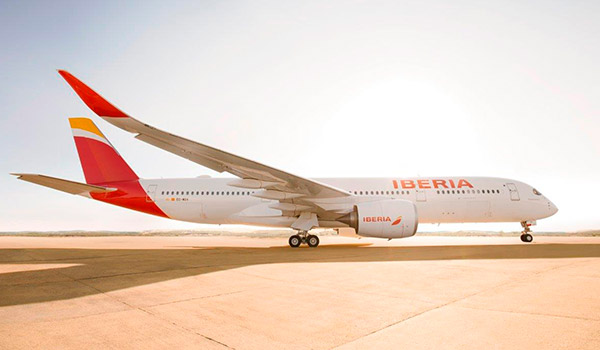Since April 1, long-haul Iberia flights (flights with international destinations with a duration of more than 8 hours) have selective waste collection on board.
The cabin crew has incorporated a series of good practices to classify the waste generated during the flight, mainly derived from the catering service. For this, the equipment already available on the plane, which are compactors and waste trolleys, are used to separate the waste as follows:

In this way, the light packaging waste can be recycled at destination. The rest of the residues, mixed with the organic matter, are considered SANDACH Category 1 and, due to the current legislation, must be taken to landfill.
Iberia has around 25 long-haul destinations such as Buenos Aires, Rio de Janeiro, Bogota, Mexico, New York, Johannesburg or Tokyo, among others. In these flights, an average of 0.6 kilograms of waste per passenger is generated. This is an important amount of waste that we must manage in the best possible way to increase the recycling rate and avoid the landfilling.
